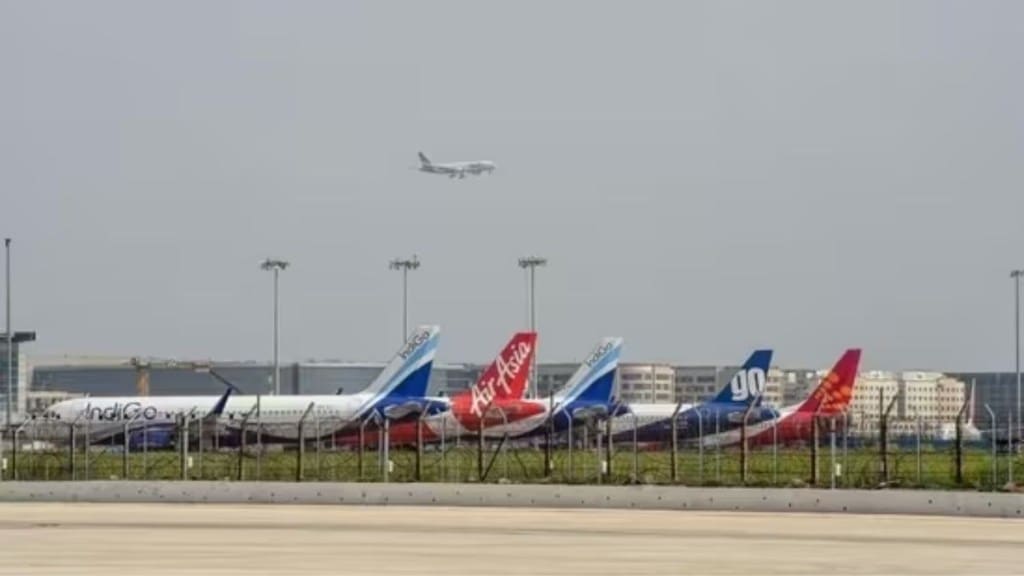In the aftermath of the recent Alaska Airlines incident involving a Boeing 737-9 Max, the Directorate General of Civil Aviation (DGCA) in India has issued a directive to domestic airlines to conduct immediate inspections of emergency exits on all Boeing 737-8 Max planes in their fleets.
The move is considered an “abundant precautionary measure” to ensure the safety of passengers and aircraft operations. The DGCA directive mandates “one-time emergency exit checks” for all operators with Boeing 737-8 Max planes in their fleets.
“DGCA has directed all the Indian air operators to carry out a one-time inspection of the emergency exits immediately on all Boeing 737-8 Max aircraft currently operating as part of their fleet,” an official informed.
DGCA mandates night inspections to avoid flight disruptions
The inspections are required to be completed by noon on January 7, with a focus on conducting these checks during the night halt of the aircraft. This approach ensures that there will be no disruption to flight schedules during the inspection process.
In their fleets, Akasa Air has 22 Max planes, SpiceJet has more than 10 such planes and Air India Express has nine such aircraft.
40 Boeing 737-8 Max planes in operation in India
Currently, more than 40 Boeing 737-8 Max planes are in operation among three domestic carriers – Akasa Air, SpiceJet, and Air India Express. The directive comes in response to the Alaska Airlines incident where a Boeing 737-9 Max experienced a structural issue mid-air, resulting in the outer section, including a window, detaching from the aircraft.
The DGCA official emphasised that there have been no specific inputs or guidance from Boeing regarding the incident. The inspection directive aims to proactively address any potential issues related to emergency exits on Boeing 737-8 Max planes.
Indian carriers commit to DGCA directive
Akasa Air, SpiceJet, and Air India Express, the carriers operating these aircraft, confirmed their commitment to adhering to the DGCA directive. While SpiceJet and Air India Express do not operate the Boeing 737-9 Max variant, Akasa Air assured its proactive engagement with aircraft manufacturers and regulators to monitor developments and follow any guidance issued.
“Even though the incident has occurred with another airline in the US, we are in contact with the aircraft manufacturer and regulators to proactively monitor developments and will follow any guidance issued by them,” Akasa Air’s spokesperson said in a statement.
Boeing engages in investigation
Boeing, in response to the incident, stated that it is aware of the situation and is working to gather more information. A Boeing technical team is ready to support the investigation, and the company remains in contact with its airline customer.
“We are working to gather more information and are in contact with our airline customer. A Boeing technical team stands ready to support the investigation,” the spokesperson said about the incident that happened on Friday.
The directive reflects the DGCA’s commitment to maintaining the highest safety standards in aviation and ensuring the well-being of passengers flying on Boeing 737-8 Max aircraft in the Indian airspace.

